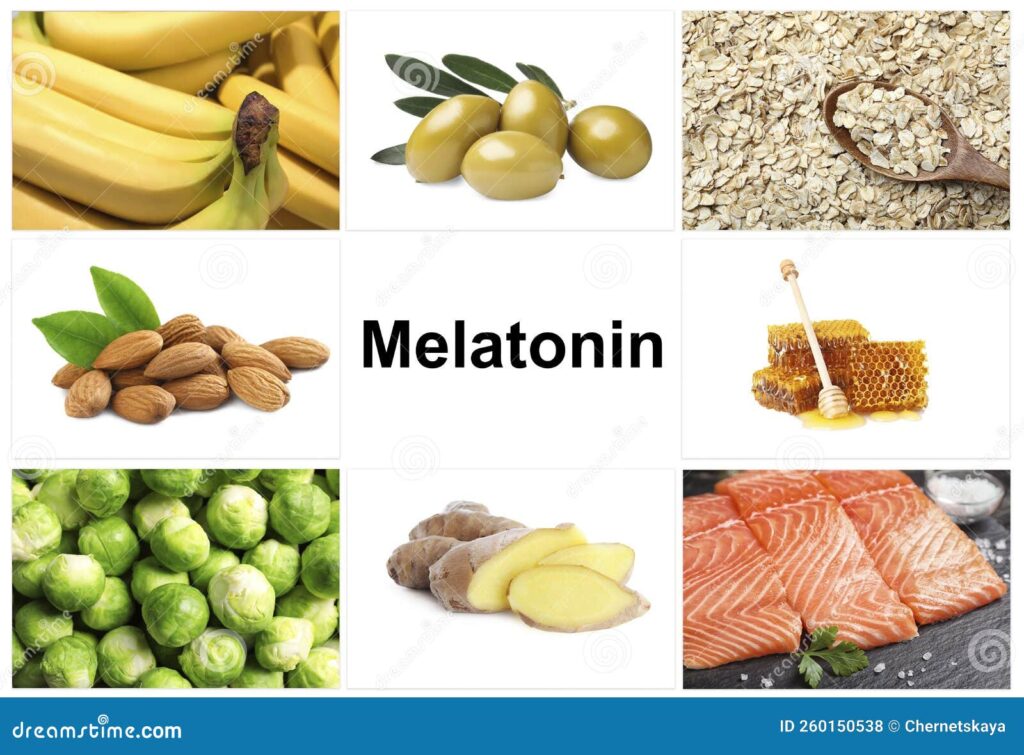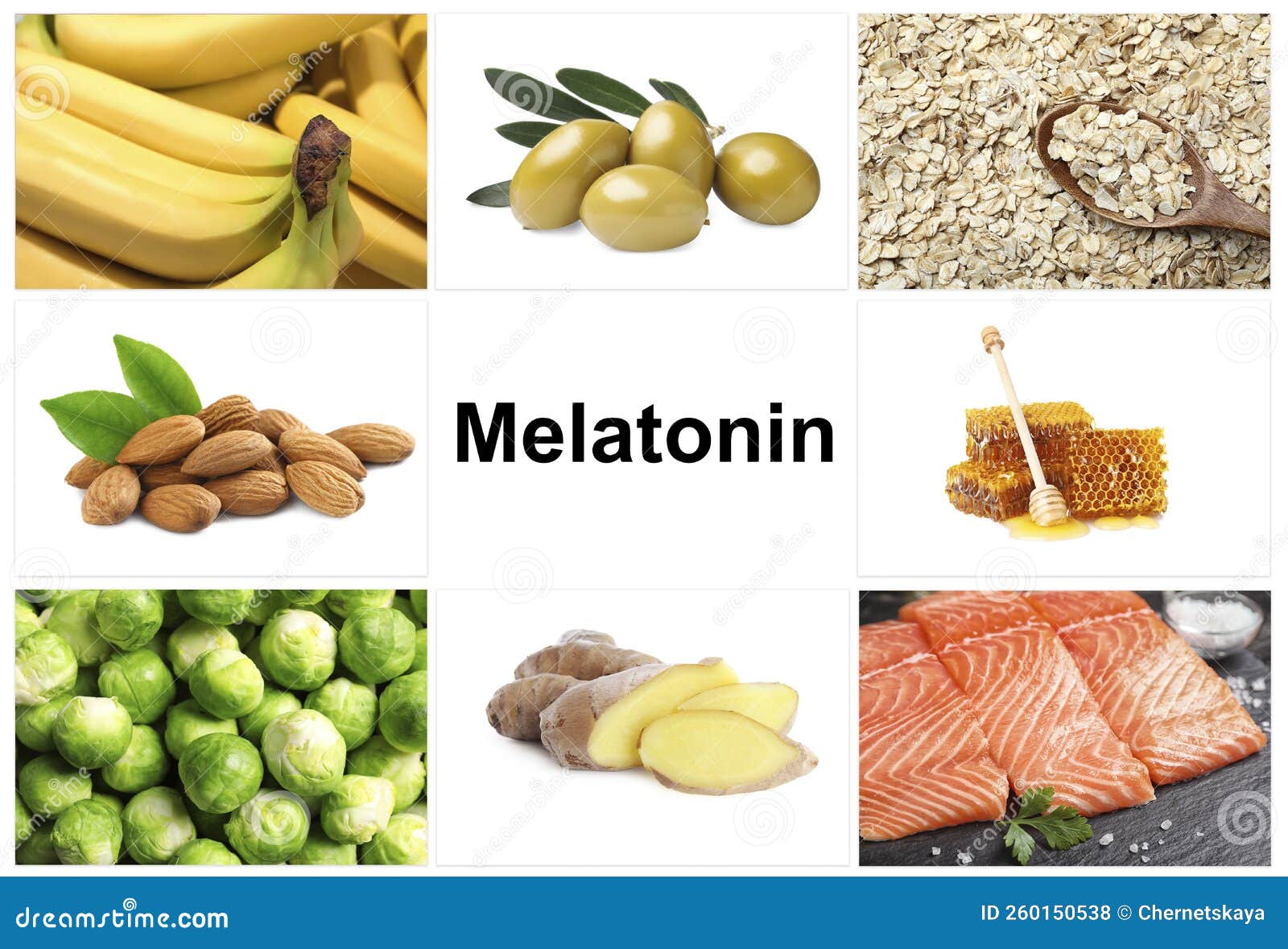Struggling to catch those elusive Zs? You’re not alone! Sleep troubles are the bane of many people’s existence. Often, our hectic lifestyles, digital distractions, or even nightly worries keep us tossing and turning. But what if the solution lies in your kitchen? Yes, that’s right! The food you eat could hold the key to unlocking a good night’s sleep. Specifically, melatonin-rich foods can be a game changer.
Let’s dive into this world of sleep-friendly foods that might just help you drift off peacefully.
What is Melatonin and Why is it Important?
Before we go shopping for melatonin-rich foods, let’s understand what melatonin actually is. Melatonin is a hormone produced by the pineal gland in your brain. It’s often dubbed the “sleep hormone” because it helps regulate your sleep-wake cycle. Think of melatonin as a natural sleep aid.
When night falls, your body ramps up melatonin production, making you feel sleepy. If your levels are low or fluctuating, it can lead to sleepless nights. So, how do we bolster melatonin levels? You guessed it—through the right foods!
12 Melatonin-Rich Foods to Help You Sleep
1. Tart Cherries
Tart cherries are like the all-stars of sleep promotion. Packed with melatonin and antioxidants, a handful before bedtime could improve your sleep quality.
You might even consider tart cherry juice; it’s tasty and effective!
2. Grapes
Good news for wine lovers! Grapes contain melatonin too, particularly in the skin.
So whether you enjoy a glass of red or eat them fresh, you can’t go wrong.
3. Tomatoes
You might not think of tomatoes as your go-to for sleep, but they pack a melatonin punch!
Toss some in a salad or on a sandwich, and you’re on your way to better slumber.
4. Walnuts
Walnuts are like nature’s sleep capsules. Not only do they contain melatonin, but they also provide healthy fats and protein.
Snack on a handful in the evening!
5. Almonds
Almonds are rich in magnesium, which can improve sleep quality.
Combine that with their melatonin content, and you have a perfect bedtime snack!
6. Pineapples
Pineapples help increase melatonin levels.
So, why not indulge in a sweet, juicy slice as part of your evening routine?
7. Bananas
These yellow beauties are loaded with magnesium, potassium, and vitamin B6—all of which promote melatonin production.
Grab one before hitting the hay!
8. Oats
Starting your day with oats is great, but they can help your sleep too!
Oats are rich in melatonin and provide a comforting bedtime snack, as they can help to stabilize blood sugar levels.
9. Barley
Barley is another grain that’s good for sleep.
It helps to raise melatonin levels, making it suitable for supper or as a side dish.
10. Fatty Fish
Fish like salmon and mackerel are not just brain food; they’re great for sleep too!
Omega-3 fatty acids in these fish can pave the way for increased melatonin production.
11. Eggs
Eggs are an excellent source of protein and contain tryptophan, which your body converts into melatonin.
Scramble them up for a light dinner or snack!
12. Herbs Like Chamomile and Turmeric
Relaxing herbs such as chamomile and turmeric can promote better sleep.
A warm herbal tea before bed can serve as a melatonin booster.

Tips for Incorporating Melatonin-Rich Foods
Incorporating these foods into your diet doesn’t have to be hard. Try adding a handful of walnuts to your evening snack, blending a banana into your smoothie, or sipping on chamomile tea before bed.
It’s about small adjustments that create a cumulative effect on your sleep quality!
Conclusion
Struggling to sleep isn’t something to shrug off. Fortunately, adjusting your diet may help. By incorporating melatonin-rich foods into your regular meals, you may find yourself dozing off more easily and waking up feeling refreshed.
So, the next time you find yourself counting sheep, think about what you ate for dinner.
Sweet dreams could be just a snack away!
FAQs
1. Can I rely solely on food to solve my sleep issues?
While melatonin-rich foods can help, sleep issues often require a holistic approach, including good sleep hygiene and stress management.
2. How long does it take to notice a difference?
You might notice changes in your sleep quality within a few days of incorporating these foods consistently into your diet.
3. Are there any foods I should avoid before bed?
Yes! Foods high in sugar, caffeine, or heavy fats can disrupt your sleep, so it’s best to keep them away from your evening meals.
4. Can I take a melatonin supplement instead of eating these foods?
While supplements can be effective, it’s always best to consult with a healthcare provider for personalized advice and to explore natural food sources first.
5. How many melatonin-rich foods should I eat for better sleep?
There’s no one-size-fits-all answer, but incorporating a variety into your nightly routine can help boost your melatonin levels effectively.

